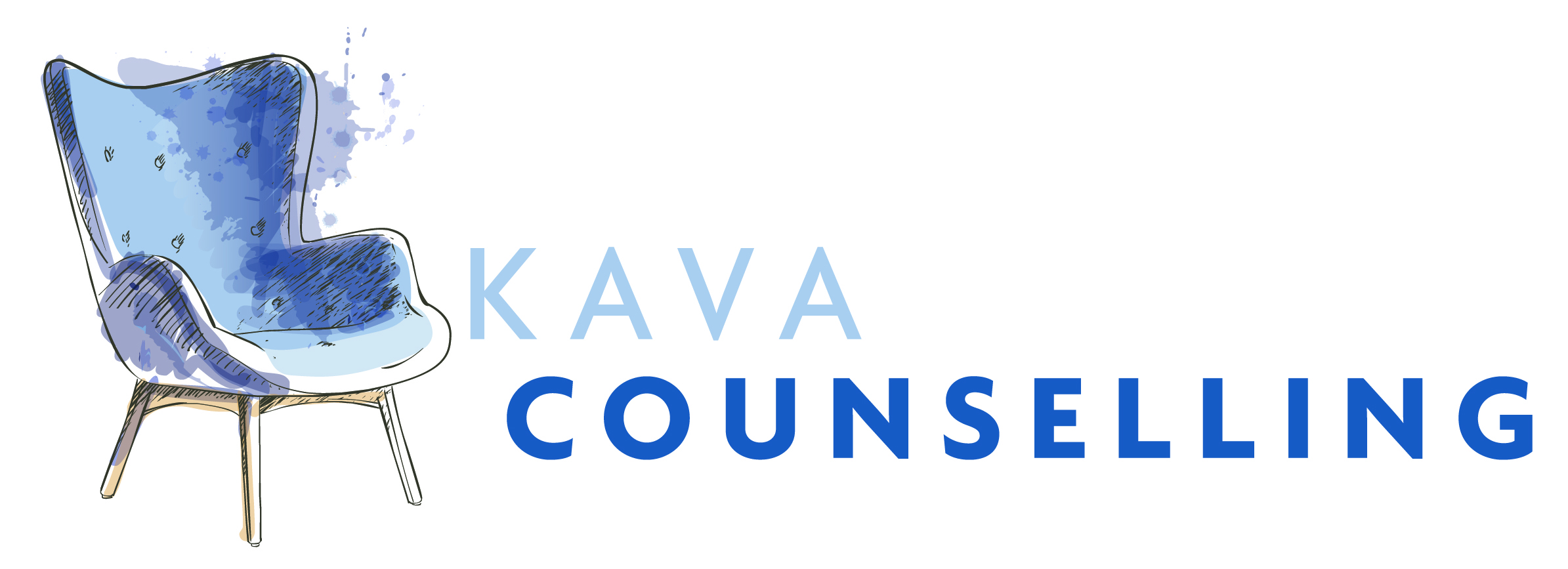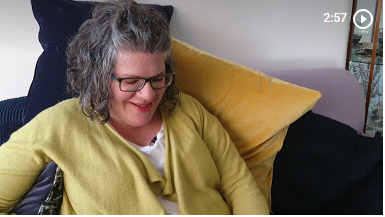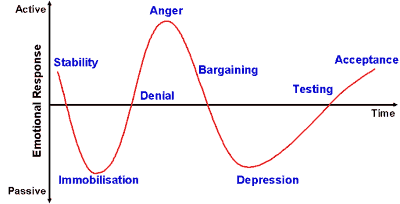We all know those social media profiles, the ones that share the highlights but keep the mess and the dull, boring bits out of sight. But what does that do to our brain and how can we protect ourselves from feeling low? How do we stop comparing ourselves and feeling bad for falling short?
Read More“It’s not about getting the feeling out of the mind, or hiding it, but about experiencing it with acceptance” - Carl Rogers
If something is painful or terrifying, it's only human to deny it, to run away or attack it. But that doesn't help; it's still there. In time, you need to acknowledge it, so you can work out how to live with it. And to live fully, not just exist under the weight of it, or drag it behind you everywhere you go.
Read MoreIn my front room is a chaise longue that was given to my Dad by a patient. He was a GP from 1958 - 1994 and, as well as individuals and families, he was the doctor for nursing homes, including the Home for Distressed Gentlefolk, where he treated the owner of the chaise.
Read MoreWhat happens in counselling? Where do I begin?
Read MoreLike many professions, counselling has a requirement for continuous professional development; often I follow areas I already or things that come up in practice, but I like a wider range and a dose of the unexpected, so I joined @Counselling NorthWest, which runs twelve sessions a year, across the psychotherapy spectrum, from supervision to GDPR, via tapping meridians to release trauma.
In January,Emma Louise of @EnsouExpressive introduced me to te work of #NatalieRogers and her vision of The Creative Connection. This was intriguing, as she owned and then developed her inheritance from both parents. Carl Roger’s core conditions and the motive to heal, explore and gain insight, are the container for the unknown to come into awareness and be accepted into our being.
Read MoreIn the studio of the prolific TV writer Paul Abbott, creator of hundreds of hours of innovative series (Shameless, State of Play, Clocking Off) is a poster with seven syllables: Work Hard and Be Nice to People.
Likewise, at the heart of the latest book by @MickCooper, Integrating Counselling and Psychotherapy – Directionality, Synergy and social change, which evidences academic study across psychology, sociology and philosophy, is a message just as pithy: do what works.
Read MoreRecently I ran a workshop for entrepreneurs at University. A loose connection of women, of different ages, backgrounds and nationalities, we could have been an advert for Dove. From the outside we looked confident, but I was there to lift the lid, and discover what holds us back from fulfilling our potential.
Read MoreOne of the things that happens when you study therapy is that people ask you what kind of therapy you do, and so you describe it. Then they say their neighbour’s cousin once did something completely different. But you hold on to the key features, and one of the key features of a person-centred approach is that the counsellor has respect and empathy for the client. The counsellor must honestly feel that and the client in turn feels that respect and empathy from the counsellor. In a way, counselling reaffirms your value as a human being.
Read MoreLast month an obstacle dropped into my life, with the grace and charm of a ton of dung. Someone made a decision that changed my long-term plan. I was horrified and the decision itself made no sense. After shock and outrage, came diplomacy, as I started to negotiate. Six weeks later, there’s no conclusion, but I grudgingly accept that it’s not the end of the world. I’m not happy about it and I still hope to get what I want – but I’m using this enforced pause to review endings, disruption and ‘unwelcome’ change
Read MoreEight years ago, I got a phone call: a woman I knew asked if I was interested in working for a Buddhist-run business, based in a retail park in Cambridge. “Are you busy?” she asked. I hesitated: I was standing in a carpark in Bolton, outside TKMaxx. “Not especially.”
I’d just finished nine months of an MA in writing for TV: it was competitive and intense.
Read MoreA lot of my work is with words, talking and listening, but I pay as much attention to silence. A sudden in-breath, a twitch of anger, a look of sorrow at a memory all point to something.
Uncovering ‘the rules’
It’s tricky because the issues are hidden in our subconscious. Often, we carry a rule book of “should and shouldn’t” that is so familiar, we assume it must be true.
I thought I knew about grief and bereavement. A few years ago, I went to eight funerals in twelve months. That year was one of the reasons I trained as a counsellor. Even so, I forgot.
Read MoreIt was the Monday morning after a lovely weekend: sunshine, fish and chips, time out with a good friend. I loaded up the car (petrol tank ¾ full) and set the satnav for the scenic route. I’d be home in plenty of time for the meeting. Life was good*, as I bombed along at 70mph.
The first hour was fine, but then the road surface seemed bumpy.
Read More“If a person is understood, he or she belongs”
One of the biggest influences on my work as a counsellor is Carl Rogers.
Read MoreMy name, Kavyasiddhi, is unusual. This post, explaining where it comes from, shares a bit more about me and highlights some important truths about the counselling process.
Read More














